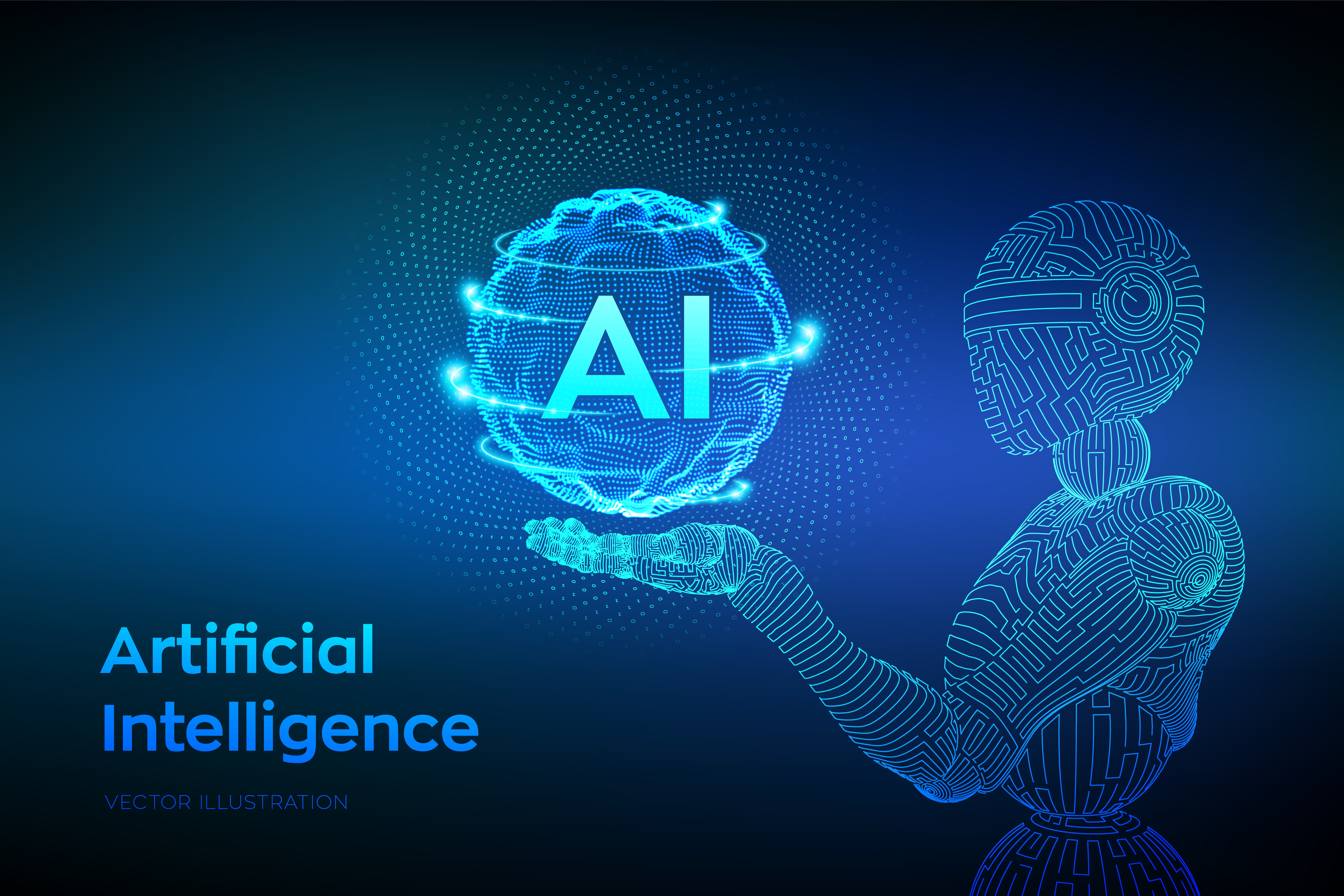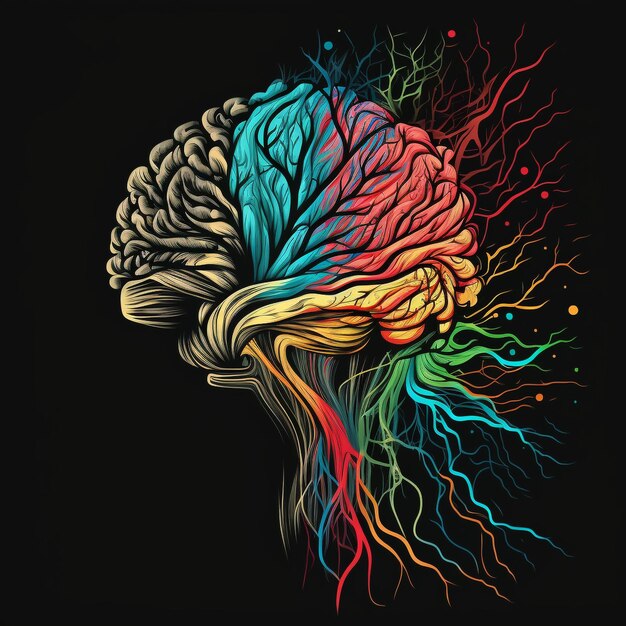
- टीचर: Hukam Bhardwaj
- टीचर: Renu Deswal

-
Understanding Artificial Intelligence:
- Defining AI and its significance in the modern technological landscape.
- Exploring the history and evolution of AI.
-
Types of Artificial Intelligence:
- Overview of narrow or weak AI vs. general or strong AI.
- Understanding supervised, unsupervised, and reinforcement learning.
-
Machine Learning Fundamentals:
- Introduction to machine learning principles.
- Exploring supervised learning, unsupervised learning, and reinforcement learning algorithms.
-
Neural Networks and Deep Learning:
- Understanding the basics of neural networks.
- Exploring deep learning architectures and their applications.
-
Natural Language Processing (NLP) and Computer Vision:
- Overview of NLP and its applications, including chatbots and language translation.
- Introduction to computer vision and image recognition.

- टीचर: Himanshu Verma

Physiology is the study of how the human body works both when you’re
healthy and when you’re not. When you’re sick or injured, normal
physiology is disrupted. Physiologists often work as part of a team with
medical care providers, pharmaceutical
companies and other related professionals. This integrative
physiology approach brings together a joint understanding of the body’s
systems in a “whole body” approach to help us stay as healthy as we can
throughout our lives.
- टीचर: Hukam Bhardwaj
- टीचर: blqa10 qa10
- टीचर: student student2

